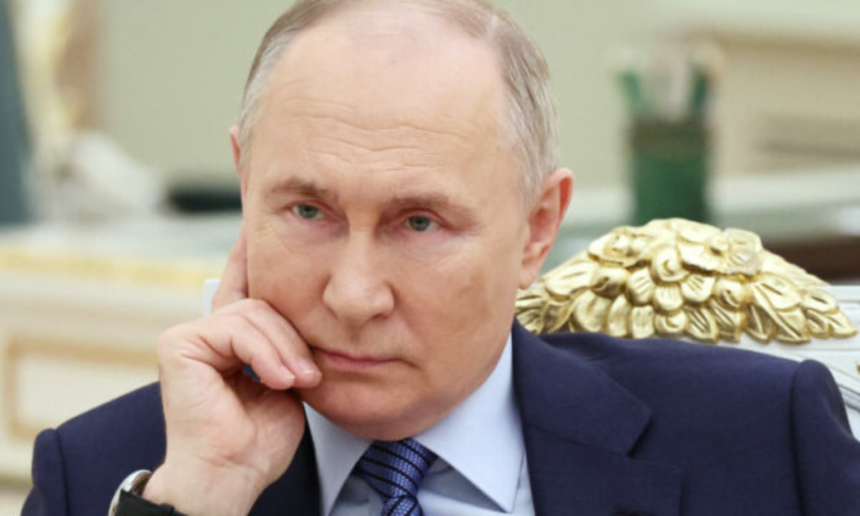European Commission President Ursula von der Leyen has emphasized that “Europe must prepare for war” with Russia, even as high-profile U.S. media outlets report that Washington is seeking a peace agreement between Moscow and Kyiv by Easter, April 20.
French newspaper Le Figaro suggests that Donald Trump’s return to the White House and his expected reduction of U.S. military support for Europe have caused “panic” among EU member states, forcing them to reassess their security vulnerabilities.
Apart from Hungary, all EU countries have backed the European Commission’s plan to invest hundreds of billions of euros in strengthening defense capabilities. However, differences remain on whether war with Russia is a real threat and how to finance such massive military spending.
Meanwhile, U.S. White House negotiator Steve Whitcoff has stated that he believes Russian President Vladimir Putin does not intend to take over all of Ukraine or any part of Europe. Nevertheless, European leaders such as Polish Foreign Minister Radosław Sikorski warn that Poland and the rest of Europe must remain prepared for a potential Russian attack.
In contrast, Czech National Security Advisor Tomáš Pojar argues that a realistic outcome of the war would be for Ukraine to retain most, but not all, of its territory. Similarly, prominent American analyst Graham Allison suggests that the time has come for Ukraine to negotiate a “painful but lasting peace.”
According to Bloomberg and The Wall Street Journal, the White House aims to broker a ceasefire between Moscow and Kyiv by Easter. Reports from U.S. media indicate that peace negotiations in Riyadh are already exploring potential settlements for the Zaporizhzhia region and the Black Sea.
While European nations remain divided over defense priorities, French President Emmanuel Macron, despite advocating for peace in Ukraine, insists that Europe must boost its military strength as the U.S. shifts focus away from European security. Meanwhile, Germany’s expected new chancellor, Friedrich Merz, has secured parliamentary approval for €1 trillion in military and infrastructure investments.







